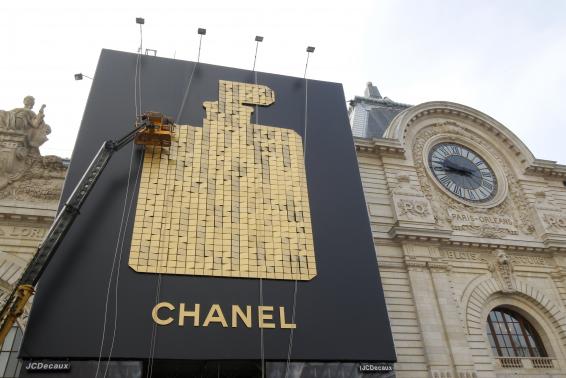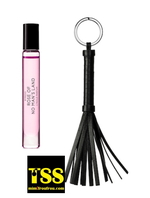EU Perfume Regulations, The Start of a Political Analysis {Fragrance News}

The Politics of Perfume Regulations by the European Union Need More Deciphering
There have been many articles informing consumers on the risk of allergens posed by perfume formulations and the reactions of the European Union to those risks based on, apparently, scientific data. A report by Reuters Astrid Wendlandt looks at some of the non-scientific biases nourishing this movement...
The clearest bias which appears is a north-south divide, as most of the experts sitting on the Scientific Committee on Consumer Safety (SCCS) are from economies and countries where perfume is a marginal product and one traditionally raising concerns about the health of the environment. While commentators take pain to stress that it's the expertise (on allergens?) which precedes over a balanced or unbalanced united nations view of perfume, it remains tricky to understand why those countries which traditionally are experts in perfume are not better represented. If expertise relies on allergens experts, then it can be argued that they will tend to see only that and prove that indeed, an allergenic or more commonly, a contact dermatitis risk exists.
"Some industry executives say Brussels' recent focus on the perfume industry stems from its main advisory body, the Scientific Committee on Consumer Safety (SCCS). Many of the committee's members come from northern countries such as Sweden and Denmark where there is opposition to perfume on health grounds.
"Clearly, there are more experts at the SCCS who are based in northern Europe than in the south but it is not a deliberate choice," said David Hudson, spokesman for consumer policy at the European Commission. "We strive for geographic and gender balance but the primary selection criteria is expertise."
Another interesting point made by the article is the relative lack of financial clout of the perfume lobby, which is compared to the tobacco lobby.
"Some inside the perfume industry say lobby groups representing the interests of tobacco firms are better financed and better organized than those representing perfume makers.
One reason is the sheer size of the global cigarette industry. In sales terms, it is more than three times the size of the perfume industry. Cigarette lobby groups include the tobacco manufacturers' association and the tobacco retailer's alliance.
By comparison, perfume makers rely on Cosmetics Europe, a bulky organization that represents 4,000 companies including deodorant, toothpaste and perfume providers which have very disparate interests."
Read more at What's in a Scent? Perfume Makers Adapt to EU Rules









